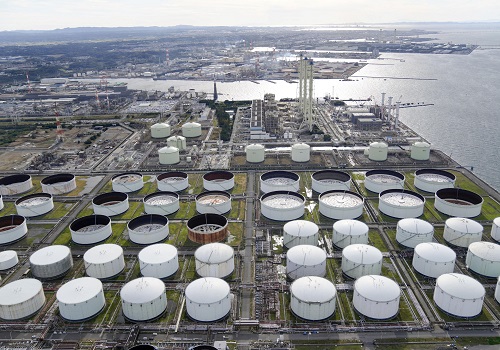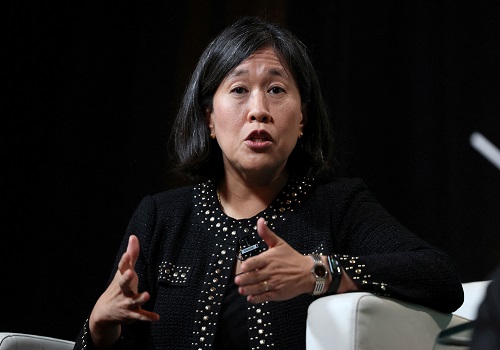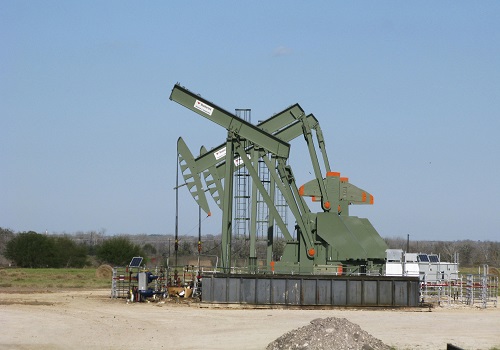Oil drops for 2nd session on concerns over rising COVID-19 cases

Follow us Now on Telegram ! Get daily 10 - 12 important updates on Business, Finance and Investment. Join our Telegram Channel
By Naveen Thukral
SINGAPORE - Oil lost more ground on Monday as rapidly climbing cases of the Omicron COVID-19 variant hit economic activity, although losses were curbed by supply disruptions in Kazakhstan and Libya.
Brent crude slid 38 cents, or 0.46%, to $81.37 a barrel, while U.S. West Texas Intermediate (WTI) crude was down 34 cents, or 0.43%, to $78.56 a barrel.
U.S. employment in the country increased less than expected in December amid worker shortages, and job gains could remain moderate in the near term as spiralling COVID-19 infections disrupt economic activity.
More than 304.87 million people have been reported to be infected by the novel coronavirus globally and 5,834,506 have died, according to a Reuters tally.
U.S. energy firms kicked off the new year by continuing to add oil and natural gas rigs after increasing the rig count in 2021 after two years of declines.
The oil and gas rig count, an early indicator of future output, rose two to 588 in the week to Jan. 7, its highest since April 2020, energy services firm Baker Hughes Co BKR.N said in its closely followed report on Friday.
However, disruption supply in other parts of the world are likely to support prices.
In Kazakhstan's main city Almaty, security forces appeared to be in control of the streets and the president said constitutional order had mostly been restored, a day after Russia sent troops to help put down an uprising.
The protests began in Kazakhstan's oil-rich western regions after state price caps on butane and propane were removed on New Year's Day.
Production at Kazakhstan's top oilfield Tengiz was reduced on Thursday, its operator Chevron Corp said, as some contractors disrupted train lines in support of protests taking place across the central Asian country.
Production in Libya has dropped to 729,000 barrels per day from a high of 1.3 million bpd last year, partly due to pipeline maintenance work.
Supply additions from the Organization of the Petroleum Exporting Countries, Russia and allies - together called OPEC+ - are not keeping up with demand growth.
OPEC's output in December rose by 70,000 bpd from the previous month, versus the 253,000 bpd increase allowed under the OPEC+ supply deal which restored output slashed in 2020 when demand collapsed under COVID-19 lockdowns.












 320-x-100_uti_gold.jpg" alt="Advertisement">
320-x-100_uti_gold.jpg" alt="Advertisement">












